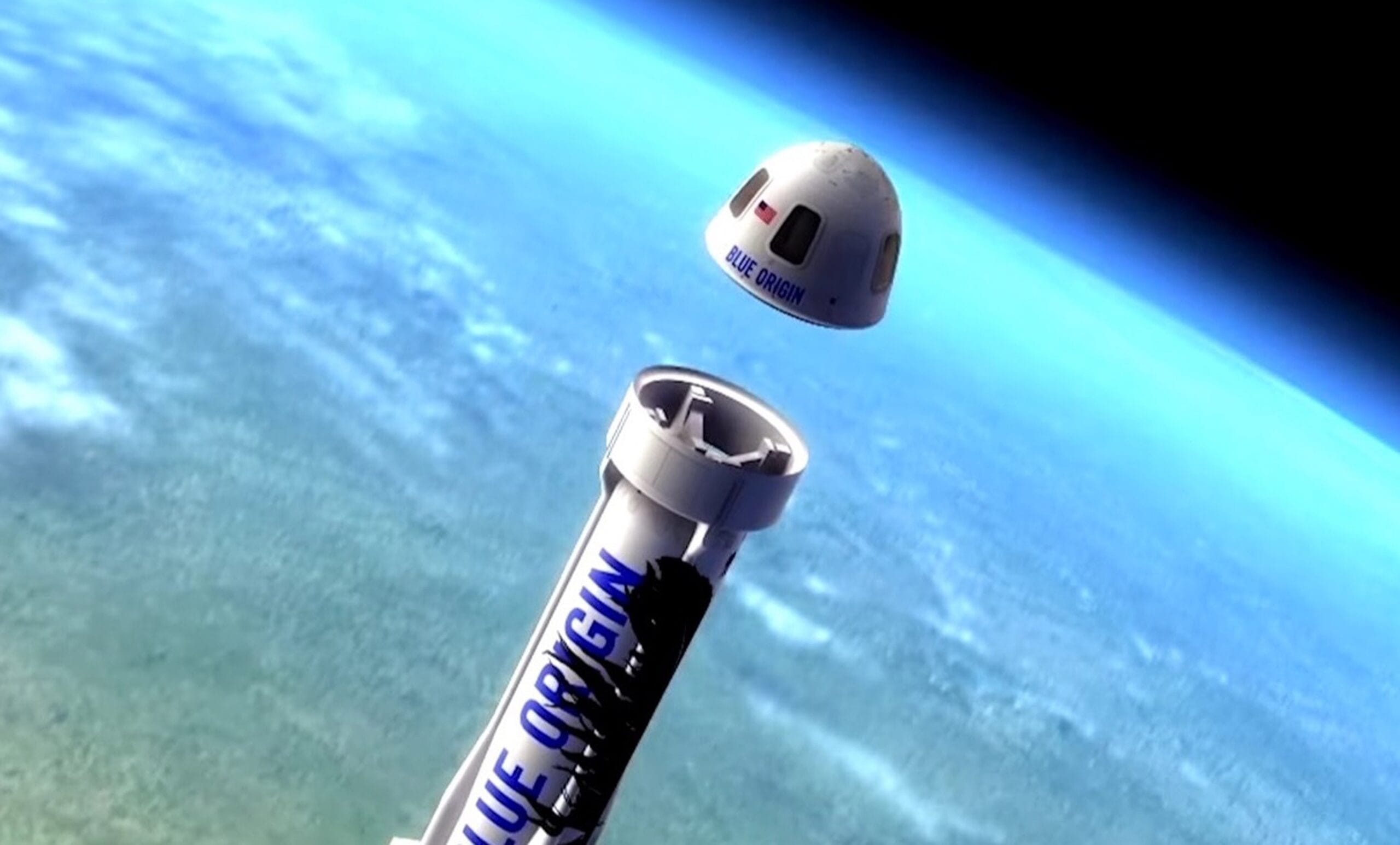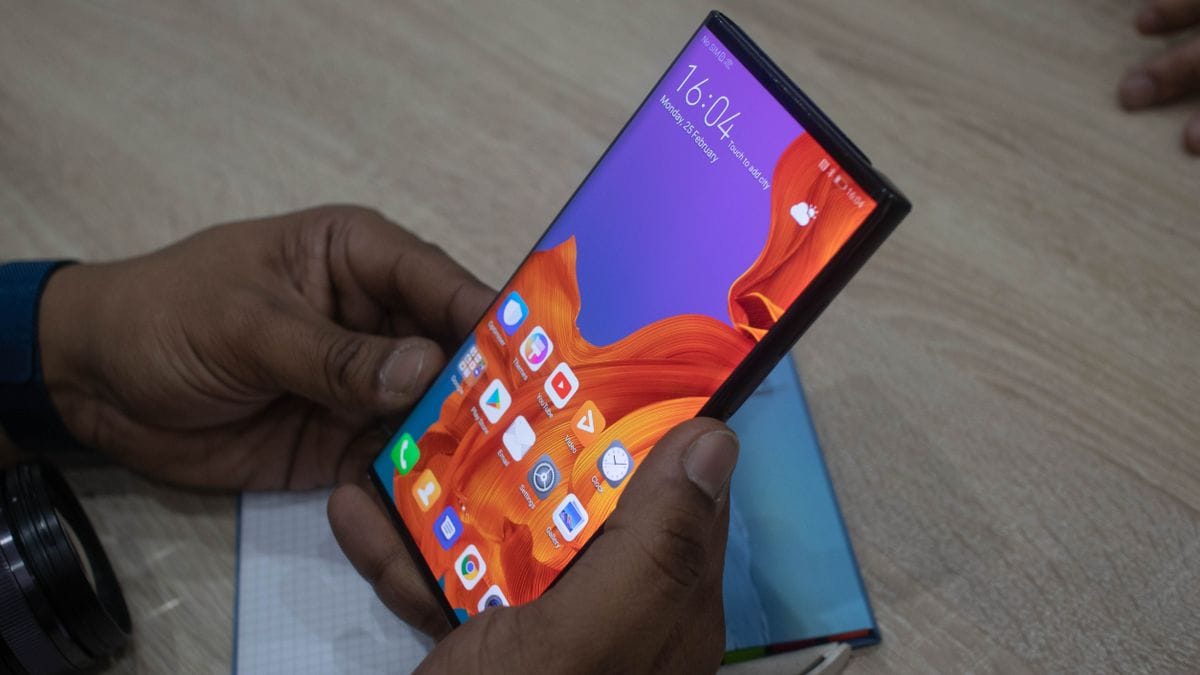The space industry has witnessed a seismic shift in recent years, driven in large part by the innovative efforts of private companies like Blue Origin and SpaceX. At the helm of these companies are two of the most successful entrepreneurs of our time, Jeff Bezos and Elon Musk. While both visionaries share a common goal of expanding humanity’s presence in space, their approaches and philosophies differ significantly.
Bezos, the founder of Amazon, has been quietly building Blue Origin, his space exploration company, over the past two decades. With a focus on developing reusable rockets and a lunar lander, Blue Origin aims to create a future where millions of people live and work in space. Bezos envisions a vast network of space-based infrastructure, including lunar bases, solar-powered satellites, and space-based manufacturing facilities.
In contrast, Musk, the CEO of Tesla and SpaceX, has been making headlines with his ambitious plans for establishing a permanent, self-sustaining human presence on Mars. SpaceX is currently developing the Starship, a next-generation spacecraft designed to transport both people and cargo to the Red Planet. Musk’s vision for humanity’s future in space is centered around the idea of becoming a multiplanetary species, with Mars serving as a safeguard against global catastrophes that could threaten human civilization.
One of the key differences between Bezos’ and Musk’s approaches lies in their timelines. While Bezos is focused on establishing a robust infrastructure in low-Earth orbit and on the Moon, Musk is pushing to send humans to Mars in the near future. SpaceX’s goal is to launch its first crewed mission to Mars in the mid-2020s, with the aim of establishing a permanent, self-sustaining city on the planet.
Another significant distinction between the two visionaries lies in their funding models. Blue Origin is largely funded by Bezos’ personal wealth, with the company reportedly receiving around $1 billion annually from Bezos’ own pocket. SpaceX, on the other hand, has secured significant funding from a variety of sources, including NASA contracts, venture capital investments, and private funding from Musk himself.
Despite these differences, both Bezos and Musk share a common passion for space exploration and a deep conviction that humanity’s future lies among the stars. As their companies continue to push the boundaries of space technology, the world watches with anticipation, wondering which path will ultimately prevail.
One of the most significant areas of competition between Blue Origin and SpaceX lies in the development of reusable rockets. Both companies have made significant strides in this area, with Blue Origin’s New Shepard rocket having successfully demonstrated its reusability in multiple test flights. SpaceX, meanwhile, has established a reputation for reusing its Falcon 9 and Falcon Heavy rockets, with the company having successfully recovered and reflown numerous boosters.
The development of reusable rockets has significant implications for the future of space exploration, as it dramatically reduces the cost of accessing space. With reusable rockets, companies can launch payloads into space at a fraction of the cost of traditional rockets, making it more feasible for private companies to establish a presence in space.
In addition to their work on reusable rockets, both Blue Origin and SpaceX are also developing advanced spacecraft capable of transporting humans to the Moon, Mars, and beyond. Blue Origin’s New Armstrong lunar lander, for example, is designed to take humans to the lunar surface in the near future, while SpaceX’s Starship is being developed to transport both people and cargo to the Red Planet.
As the space industry continues to evolve, it is clear that both Bezos and Musk will play significant roles in shaping humanity’s future in space. While their approaches and philosophies differ, their shared passion for space exploration and their commitment to pushing the boundaries of space technology make them both critical players in the ongoing quest to expand humanity’s presence in space.
In the end, the outcome of this competition will depend on a variety of factors, including technological advancements, funding, and the vision of the two leaders. One thing is certain, however: the world will be watching with bated breath as these two visionaries continue to push the boundaries of space exploration and development.



